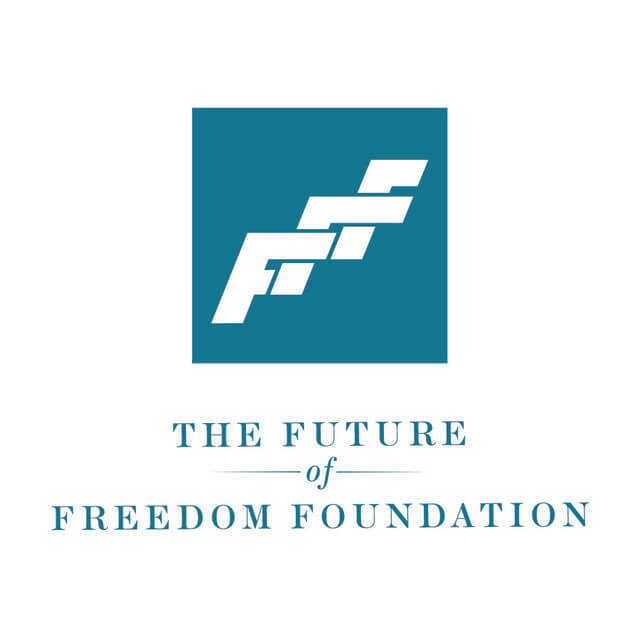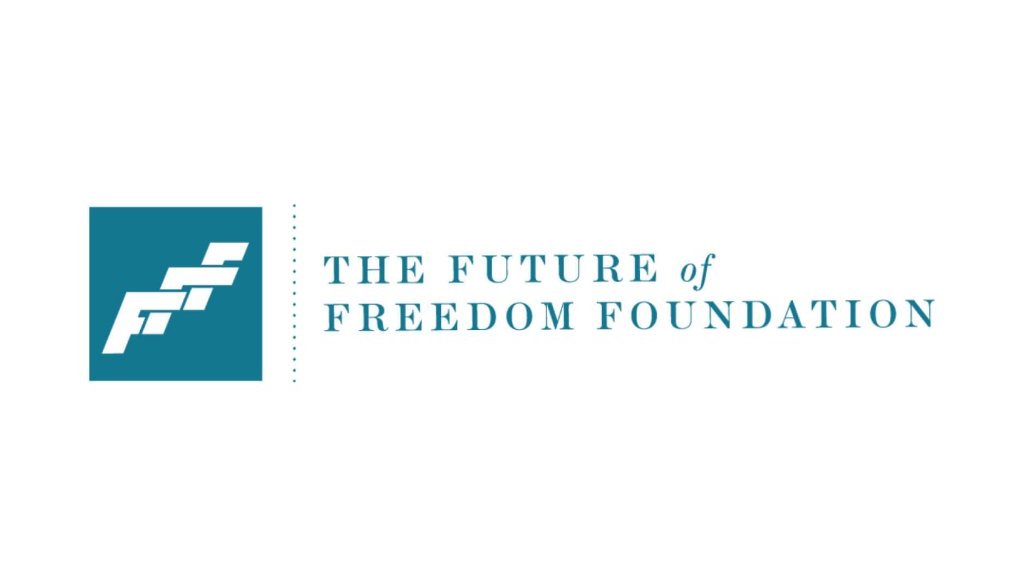A Powerful Government and a Weak Nation
For many Americans, it is an article of faith that a vast and powerful federal government equals a great and strong nation. Actually, it’s the exact opposite. The more powerful the federal government, the weaker the nation. Contrariwise, the smaller and weaker the federal government, the more powerful the nation.
Part of the problem here is that many Americans have been taught to believe that the federal government and the nation are one and the same thing. They aren’t. They are two completely separate and distinct entities.
A good confirmation of this phenomenon is the Bill of Rights. Many Americans believe that it gives Americans their rights. Actually, the Bill of Rights protects the nation — that is, the American people — from the federal government, which confirms that we are dealing with two separate and distinct entities.
The Constitution called the federal government into existence. The type of government it established was what we call a limited-government republic. It was a very small government whose powers were extremely limited — that is, limited to the few powers that were enumerated in the Constitution itself.
That was how the Framers and our American ancestors wanted it. They wanted a small, weak federal government — one with very few powers.
One of the most important features of this new government was its lack of a vast, permanent military establishment. That was the last thing the Framers and our American ancestors wanted. They knew that a vast-permanent military establishment would convert the federal government into a powerful government. They didn’t want that. They felt that such a powerful government would constitute a grave threat to the freedom and well-being of the nation. Thus, they fiercely opposed what they called “standing armies.” That’s why throughout the 19th century, America had a relatively small, basic army.
This unusual governmental structure brought into existence the most unique economic and political system in the history of man. By the time the 1880s arrived, the United States was a land of no income taxation or IRS, Social Security, Medicare, Medicaid, farm subsidies, education grants, Federal Reserve, paper money, (minimal) immigration control, gun control, drug war, minimum-wage laws, occupational licensure, (minimal) economic regulations, national-security state, Pentagon, CIA, NSA, torture, indefinite detention, compulsory school-attendance laws, (minimal) public (i.e., g
Article from The Future of Freedom Foundation

The Future of Freedom Foundation (FFF) is a leading voice in libertarian thought, tirelessly advocating for individual liberty, free markets, and limited government. Established in 1989, the FFF is more than just a think tank; it’s a hub for intellectual exploration and policy advocacy that draws on the classical liberal tradition and Austrian economics. Through insightful articles, videos, and events featuring top libertarian minds, the organization provides a robust critique of mainstream politics and policies, championing instead the principles that underlie a truly free society. For anyone seeking a principled stand for freedom and limited government, the Future of Freedom Foundation serves as an invaluable resource and an inspiring beacon.




